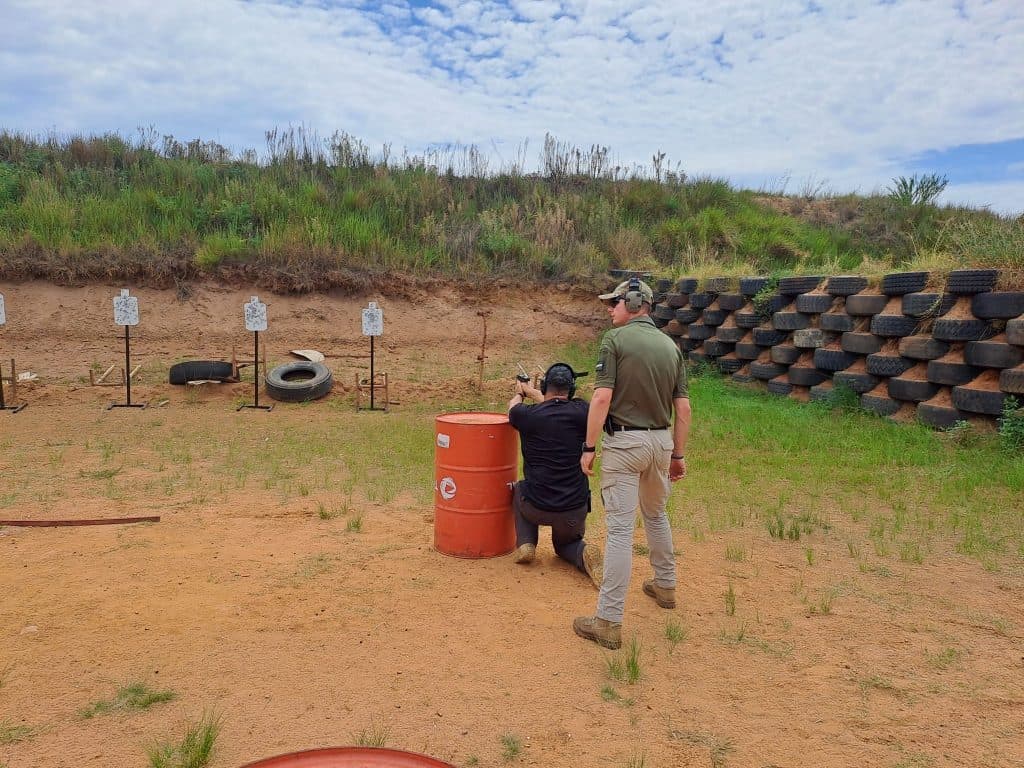We sometimes forget how important it is to understand what someone is saying. We enter the house and talk Afrikaans and we know the reaction will be in Afrikaans. At the workplace or in the shop someone is speaking English and we understand what is being said without even thinking twice about it. But what if you find yourself in a foreign country where English isn’t usually spoken and Afrikaans not spoken at all? Then you merely stutter through a broken “parlez vous anglaise?” or “tu habla ingles” until you find someone that can signal you in the right direction in broken English. It is already a challenge during an overseas holiday to find your way through the country with a mixture between the strange language and broken English, but what if you happen to live there and are unable to speak the language?
To learn a new language takes time and hard work but you don’t have to listen to CD’s or read dictionaries for hours on end in an attempt to decipher the language. We live in a wonder world filled with resources that make it easier to learn new things and to learn a new language has never been easier than now. Without further ado, here are my top tips to learn a new language.
Download an application
We kick off the list with the fastest way to get going with a new language – using your cell phone! There are plenty of applications that were created with the aim of making languages easy and accessible. The applications were created to easily fit into your schedule and need as little as five minutes per day to help you learn a couple of new words and phrases. The two best apps in this regard are Duolingo, which is free unless you choose the premium option, and Babbel, which offers the first lesson for free whereafter a monthly fee of R150 is payable. Duolingo is a great application that focuses more on vocabulary and learning informal language, while Babbel is more focused on getting you to speak the language as soon as possible.
Listening to music
One of the best ways to become comfortable with a language and learn the vocabulary in a more relaxed manner is by listening to music. The best genre for this is pop songs as they contain a lot of repetitions and include ballads that are slower. If you are learning French, then someone like Carla Bruni is a good option and for Dutch, artists such as Guus Meeuwis, Nick & Simon and Kenny B will be of great help. Practise to sing along and read the translations of the lyrics so that you can get an idea of what you are singing. Singing along will not only help to expand your vocabulary, but also to master the pronunciation.
Speak the language
This tip is naturally easier for people who are surrounded by the language that they want to learn. It is also easier said than done, because we as people are generally a bit scared to humiliate ourselves. Acting with lots of self-confidence and displaying your best accent and hard trained vocabulary, just to later realise that you said something completely different to what you intended to say, is enough to make anyone wish that the earth opens up and swallows them there and then. But it is part of the learning process. Get a colleague or friend that speaks the language and ask them to help you practise your language skills. In future talk with each other in the language and don’t hesitate to ask for help when you are struggling.
Get a pen pal (or email pal)
There are various websites that offer those people who like to write letters – or to type emails – a platform to not only find a pen pal, but also someone who can help you learn a foreign language and in exchange who you can help learn Afrikaans or English. My Language Exchange is a good starting point if this option sounds appealing to you. If you write letters you can even expect to receive cute gifts such as stickers or badges from across the world as a bonus!
Practise, practise, practise
Like anything else that needs to be mastered, the secret to learning a new language also lies in the practise thereof. You need to be willing to put in the time to learn a new language. If you are desperate to learn a new language as quickly as possible within a certain timeframe, then it might be a good idea to pay a visit to an embassy and enquire about the possibility of extra classes. The Korean embassy, for example, offers courses for beginners, as well as advanced courses in Korean.
Learning a new language is an adventure and can open up a new world for you. It will sometimes be frustrating and sometimes you won’t be in the mood to practise, but once you start understanding the language it is the best feeling ever. Enjoy every moment!
ALSO READ: The strangest things to get used to abroad
Share on
Latest articles




















